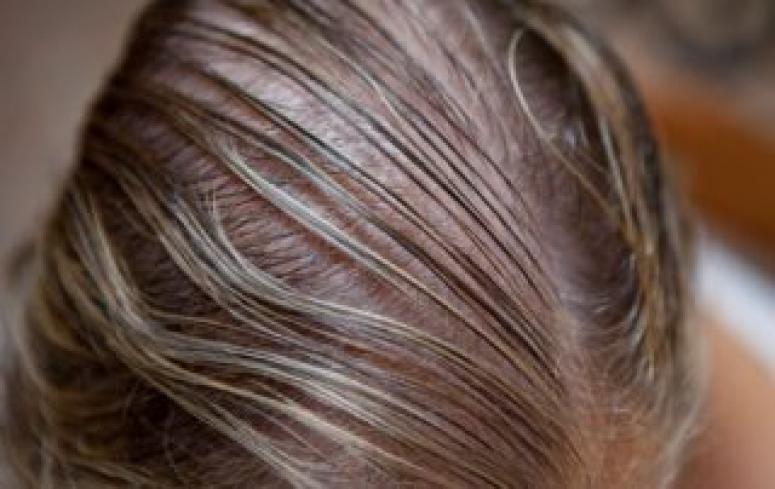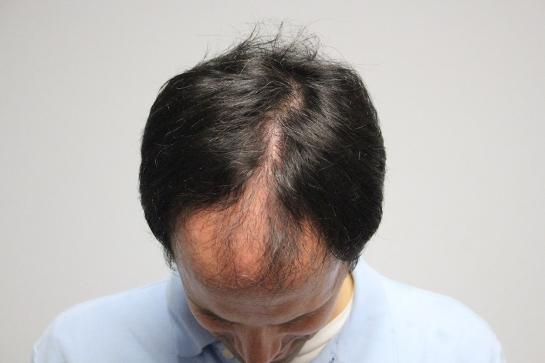It’s natural for women to take great pride in their hair. They delight in styling it, coloring it, talking about it—but seldom do they think about losing it. Hair loss is still considered to be very much a “guys’ thing,” and not something for women to talk about openly. Yet, women’s hair loss is all too common. More than 30 million U.S. women deal with hair loss, and for a number of different reasons.
This is one of the things that distinguishes women’s hair loss from men’s. With male hair loss, more than 90 percent of all cases are caused by hereditary factors. For women, the causes are far more numerous and varied.
What ultimately matters isn’t the cause of hair loss, but the solution—and at Transitions Hair Solutions, we know that there is always an answer, no matter the extent of the hair loss. We invite women who are struggling with thinning hair to join us in our studio for a private consultation and to hear more about the different options that are available.
Understanding the Causes of Women’s Hair Loss
Ultimately, understanding the cause of hair loss may not change the outcome, but early detection can minimize the effect. As such, we always begin each consultation with an evaluation, testing to determine the root of the problem.



Hormonal Causes
Often, women’s hair loss stems from hormonal issues. Any condition that affects the hormones can also affect hair growth. This includes life stages such as menopause and pregnancy, and post-partum hair loss is also common. A number of medical conditions, including thyroid and endocrinal issues, can cause hormonal imbalances and, therefore, hair loss. Polycystic ovarian syndrome, or PCOS, is an especially prominent one.
Medical Causes
More generally, women’s hair loss can be triggered by any number of medical complications and treatments, including a number of non-thyroid problems such as inflammatory bowel disease, yeast infections, lupus, kidney disease, and of course cancer. Cancer treatments, such as chemotherapy and radiation, are well-known causes of hair loss, and anything that places intense and extended stress on the body, such as a long-lasting fever or extreme weight loss, may also result in thinning hair.
Trichotillomania
The condition known as trichotillomania can also lead to major hair loss. Trichotillomania is an impulse control disorder that prompts the individual to pull out or chew her own hair; this condition develops as a response to trauma, and can lead to long-lasting damage to hair and scalp alike.
Alopecia Areata
A specific medical condition that can cause women’s hair loss is alopecia areata, which is typically marked by bald patches all around the head. This condition is usually temporary, with hair growing back within a year, though in some cases it may turn out to be permanent. The most advanced form of this condition, alopecia universalis, causes total hair loss all over the body, including not just on the head but also the eyebrows, eyelashes, etc.
Alopecia Totalis
Here is still another advanced form of alopecia areata that has been linked with women’s hair loss. Alopecia totalis is thought to be an autoimmune disorder—one that can trigger total hair loss, not just on the head but also on the face.
Cicatricial Alopecia
Another condition—which comes in many forms, including Frontal Fibrosing, Central Centrifugal Cicatricial Alopecia, and Lichen Planopilaris—is rare, but also quite serious: essentially, those who have this condition experience hair loss due to their body destroying hair follicles and replacing them with scar tissue.
Hair Loss Solutions from Transitions
No matter the cause of your hair loss, there are solutions available. Learn more about them today. Come talk to one of our supportive consultants at Transitions Hair Solutions in Wall Township, NJ, and find out which solution is best for you.










